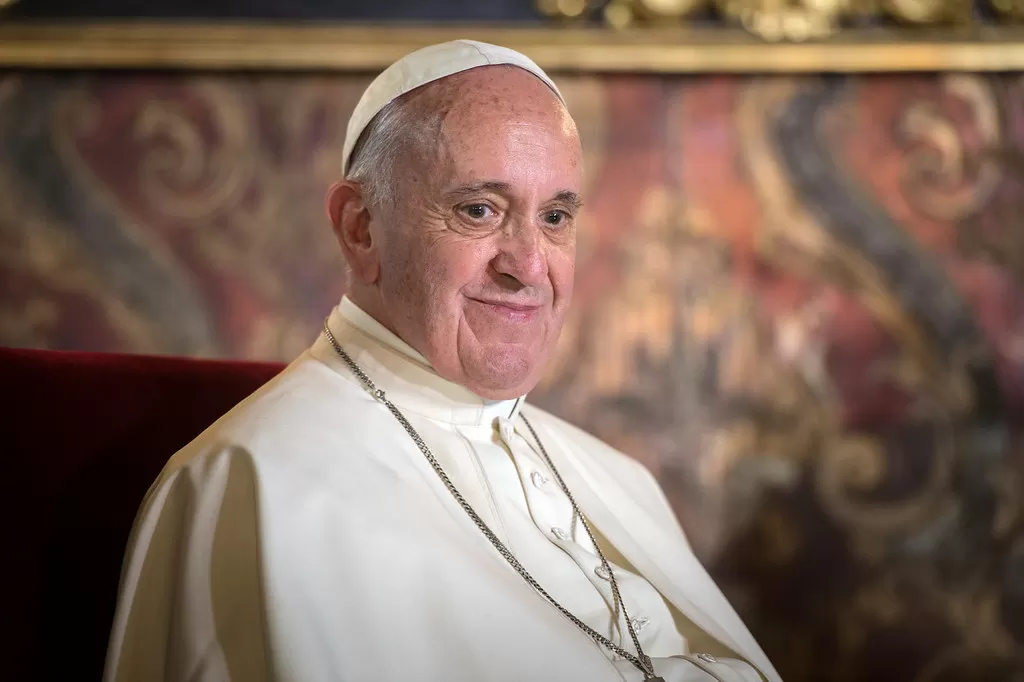Pope Francis: Legacy of Mercy
Pope Francis has been a source of inspiration and hope for millions of people around the world. His message of love, compassion, and mercy has touched the hearts of people from all walks of life. With his humble and down-to-earth approach, he has brought a sense of humanity and kindness to the papacy, making it accessible and relatable to people from all faiths and backgrounds.
One of the key themes of Pope Francis’ papacy has been the concept of mercy. In his first homily as Pope, he said, “Let us never forget that mercy is the bridge that connects God and man, opening our hearts to the hope of being loved forever despite our sinfulness.”
This idea of mercy is deeply rooted in the teachings of Jesus and has been a cornerstone of the Catholic faith for centuries. But Pope Francis has brought a renewed focus on this concept, especially in a world that is filled with so much suffering, injustice, and division.
In his famous Sermon on the Mount, Jesus said, “Blessed are the poor in spirit, for theirs is the kingdom of heaven. Blessed are those who mourn, for they shall be comforted. Blessed are the meek, for they shall inherit the earth. Blessed are those who hunger and thirst for righteousness, for they shall be satisfied. Blessed are the merciful, for they shall receive mercy.” These words hold great significance and meaning in the life and teachings of Pope Francis.
The first line, “Blessed are the poor in spirit, for theirs is the kingdom of heaven,” speaks to the importance of humility and recognizing our own weaknesses and limitations. Pope Francis has embodied this message in his papacy, choosing to live a simple and humble life and often reaching out to those who are marginalized and forgotten by society.
The second line, “Blessed are those who mourn, for they shall be comforted,” reminds us of the power of compassion and empathy. Pope Francis has shown great compassion towards those who are suffering, whether it be due to poverty, war, or natural disasters. He has also urged others to show the same compassion and solidarity towards those in need.
The third line, “Blessed are the meek, for they shall inherit the earth,” is a call for humility and gentleness. In a world that often celebrates power and dominance, Pope Francis encourages us to be meek and to prioritize love and compassion over greed and ambition.
The fourth line, “Blessed are those who hunger and thirst for righteousness, for they shall be satisfied,” emphasizes the importance of seeking truth and justice. Pope Francis has been a vocal advocate for the poor and marginalized, and has called for a more just and equitable world for all.
The final line, “Blessed are the merciful, for they shall receive mercy,” is a reminder of the power of forgiveness and reconciliation. Pope Francis has emphasized the need for forgiveness and mercy in a world that is often filled with conflict and division. He has shown that mercy and forgiveness can heal wounds and bring about true reconciliation.
Pope Francis’ message of mercy has resonated with people all over the world, regardless of their religious beliefs. He has reminded us that we are all children of God and that we are called to show love and compassion towards one another. His legacy of mercy will continue to inspire and guide us in our journey towards a more just, peaceful, and compassionate world.
In his encyclical “Misericordia et Misera,” Pope Francis wrote, “Mercy is the very foundation of the Church’s life. All of her pastoral activity should be caught up in the tenderness she makes present to believers; nothing in her preaching and in her witness to the world can be lacking in mercy.” This serves as a powerful reminder that mercy is not just a concept, but a way of life that we are all called to embrace.
As we reflect on Pope Francis’ legacy of mercy, let us remember his words and continue to strive towards a world where love, compassion, and mercy prevail. Let us be the messengers of mercy and bring about positive change in our communities and beyond. And most importantly, let us never forget that in showing mercy to others, we are also receiving God’s mercy and love in return.

